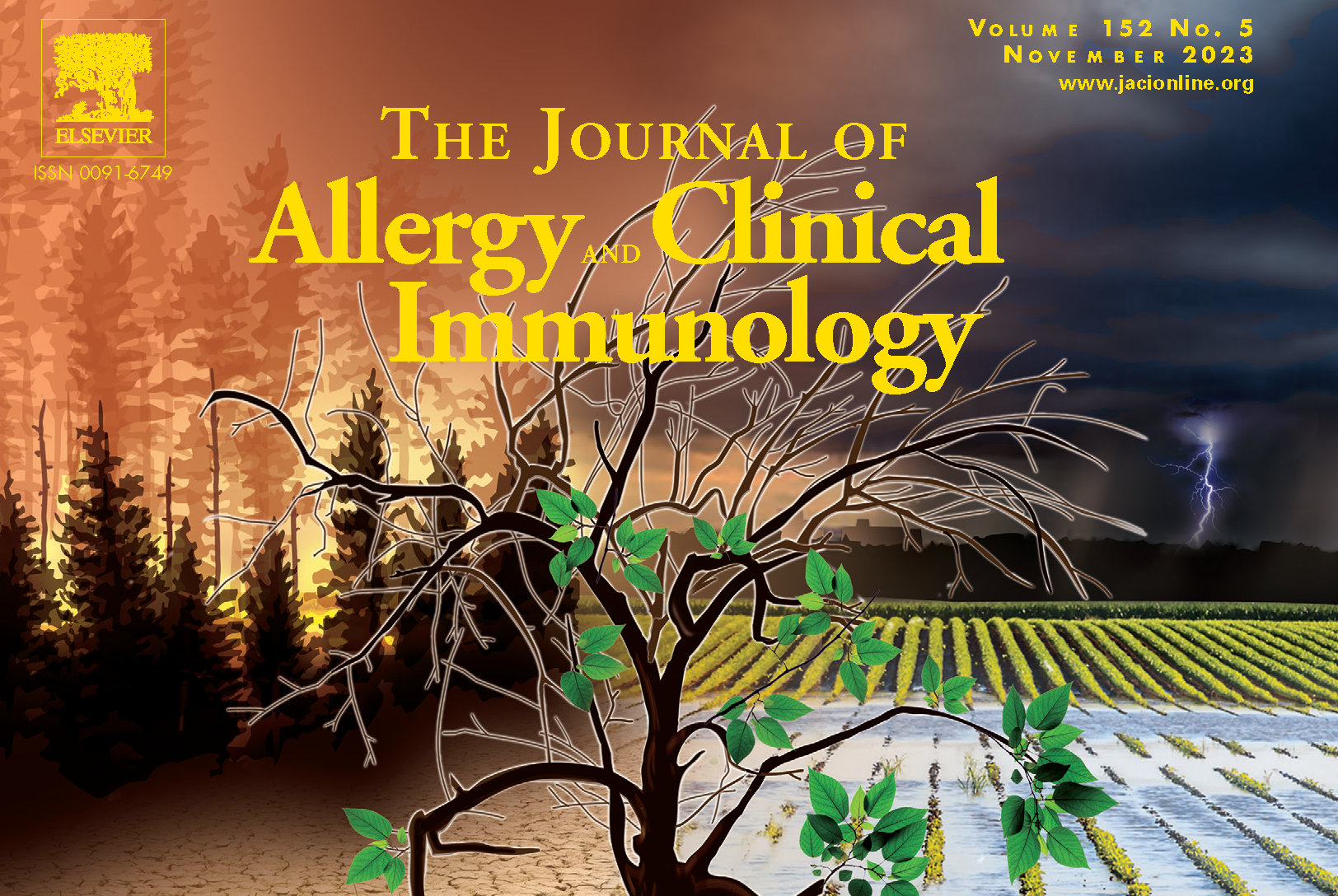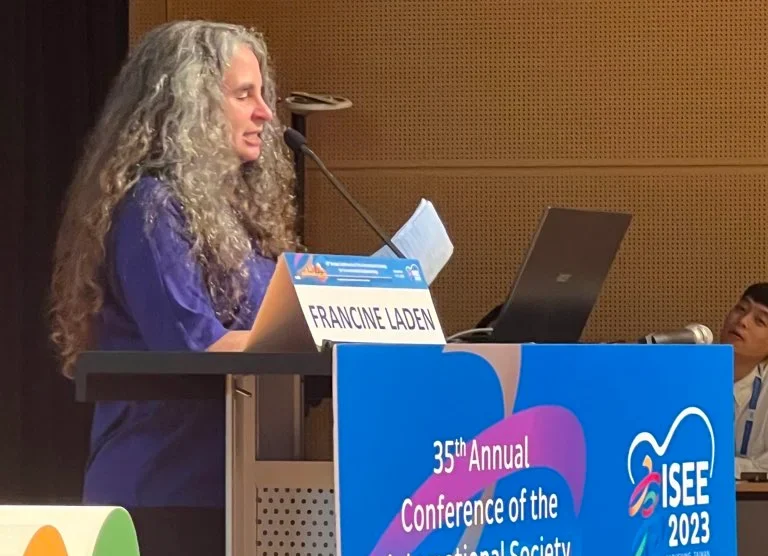Harvard Chan NIEHS Center for Environmental Health
The Harvard Chan National Institute of Environmental Health Sciences (NIEHS) Center for Environmental Health is a coordinated set of resources and facilities supporting environmental health research and training activities throughout the greater Boston area. The center promotes integration between basic and applied environmental science, and fosters collaborations that cross departmental and institutional boundaries.
Building 1-1402
News
-
A Howlin’ Good Time: Superfund CEC Joins in Franklin Park Zoo Halloween Event
BOSTON – The Superfund Community Engagement Core participated in the annual New England Franklin Park Zoo Howl for Halloween this year. Our booth provided handouts designed by members of our…
-
Bridging Science with Community: Magnolia Street Garden
DORCHESTER, MA – A community garden 15 years in the making celebrated a ribbon cutting in September. The newly finished garden…
-
Center Members serve as guest editors, contributor for special JACI issue on climate change
Drs. Diane Gold and Nick Nassikas served as guest editors and Dr. Kari Nadeau a contributor for the November issue of Journal of Allergy and Clinical Immunology (JACI) on Climate…

-
Harvard team participates in Africatown Health Fair
I In April of this year, the Harvard Chan-NIEHS Center for Environmental Health hosted a screening of ‘Descendant,’ a Netflix documentary that follows descendants…
-
Stefania Papatheodorou named NIH Climate and Health Scholar
Dr. Stefania Papatheodorou was selected by the NIH as one out of seven established scientists with expertise in climate and health to work on the NIH Climate Change and Health…

-
New research: Neighborhood-level differences in hair product safety in Boston, MA
Titled “Evaluating Neighborhood-Level Differences in Hair Product Safety by Environmental Working Group Ratings among Retailers in Boston, Massachusetts”, Marissa Chan et al. explore the idea of retail redlining, in which neighborhood-level factors, such…

-
Francine Laden receives 2023 ISEE John Goldsmith Award
Francine Laden was selected as the recipient of the 2023 International Society for Environmental Epidemiology (ISEE) John Goldsmith Award, presented at #ISEE2023 in Kaohsiung, Taiwan. Her lecture was titled, “From…

-
Particulate air pollution from agriculture, wildfires linked with dementia risk
Center Director Marc Weisskopf tells STAT that the study could provide guidance for public health interventions during a time of marked increases in wildfires in the U.S. “If there are…

-
Assessing football players’ health beyond neurodegenerative disease
Headlines about the health of American football players have largely focused on the potential link between head injuries and neurodegenerative diseases—in particular, chronic traumatic encephalopathy (CTE), a serious disease with no cure…

-
Center Sponsors PFAs Testing Kits in Maine
BOSTON, MA – Our Center recently awarded a $10,000 community action fund grant to Healthy Acadia, who will be partnering with MDI Biological Laboratory and the University of New England’s…